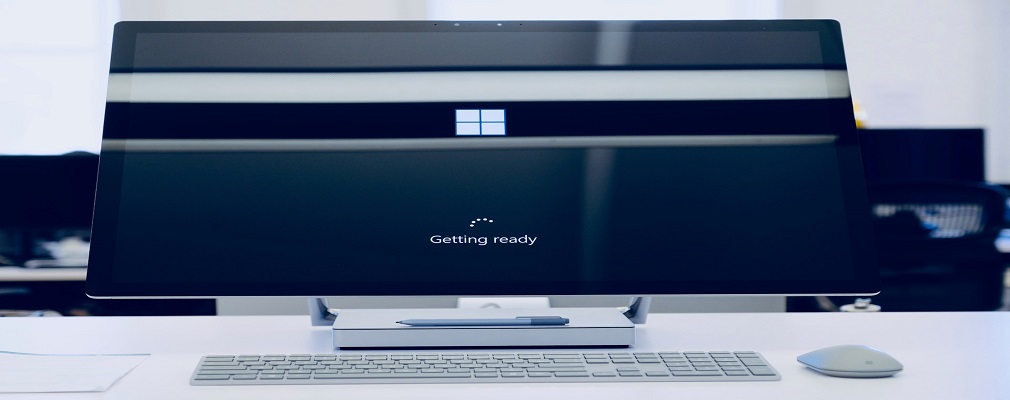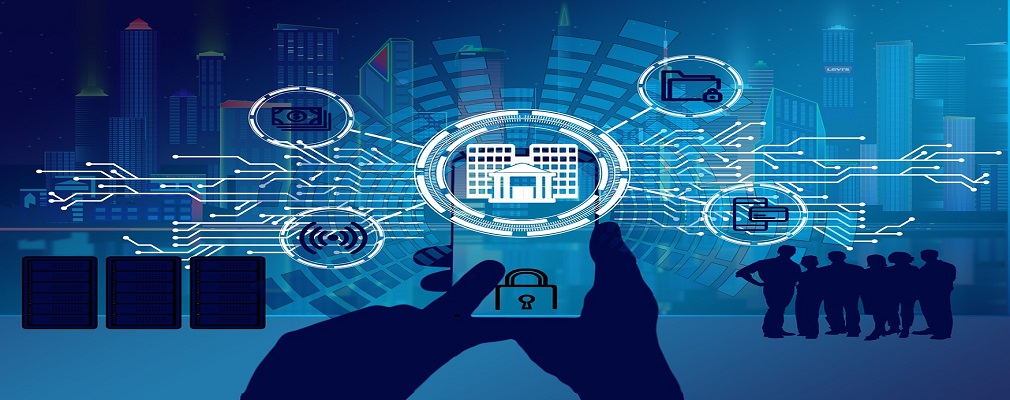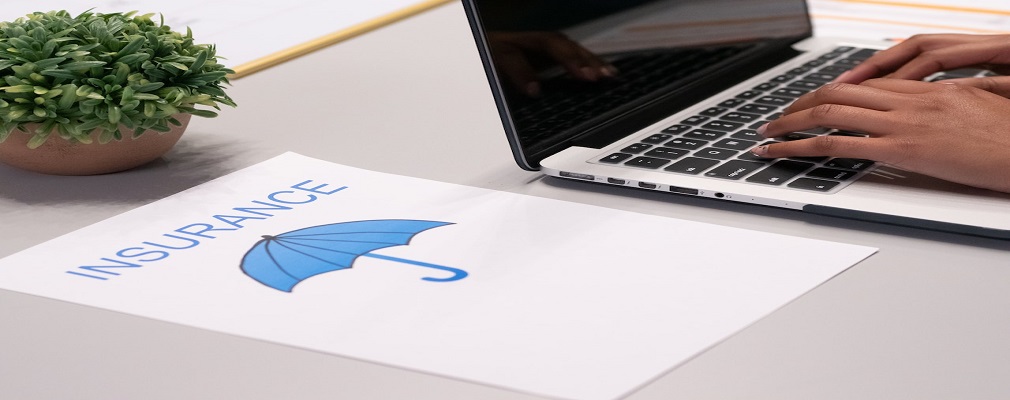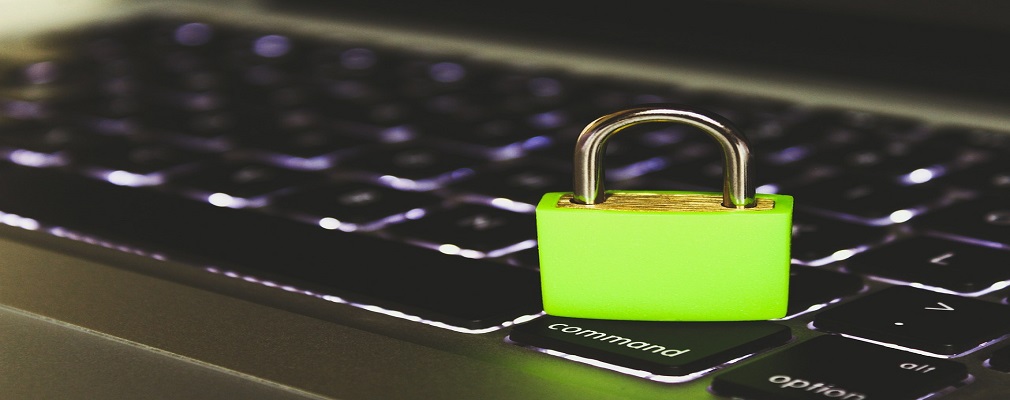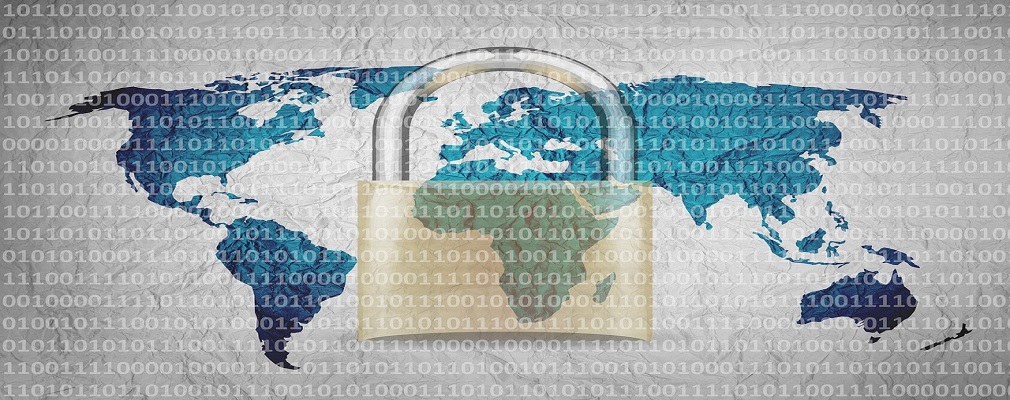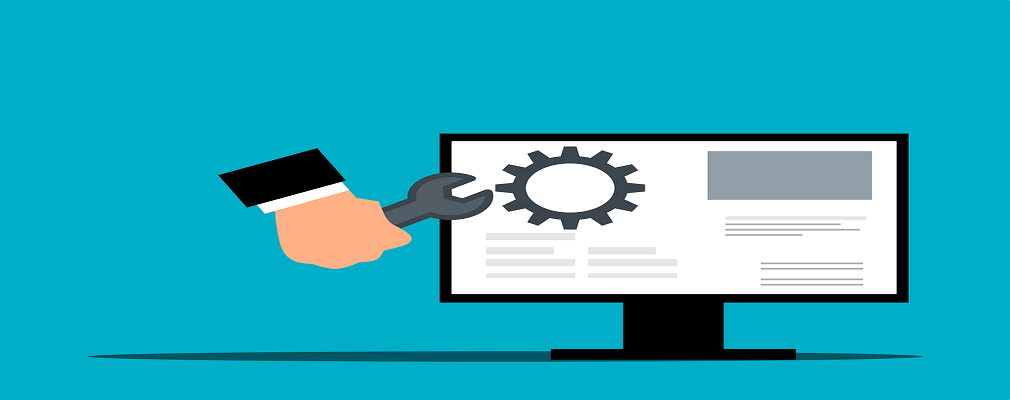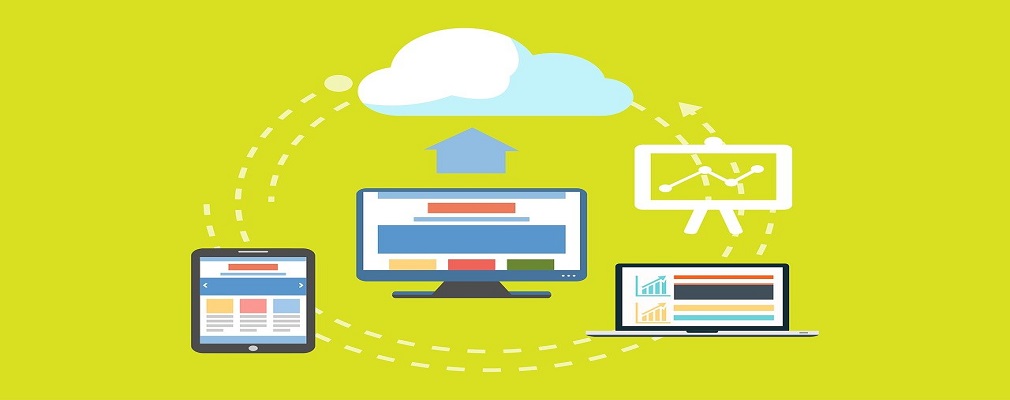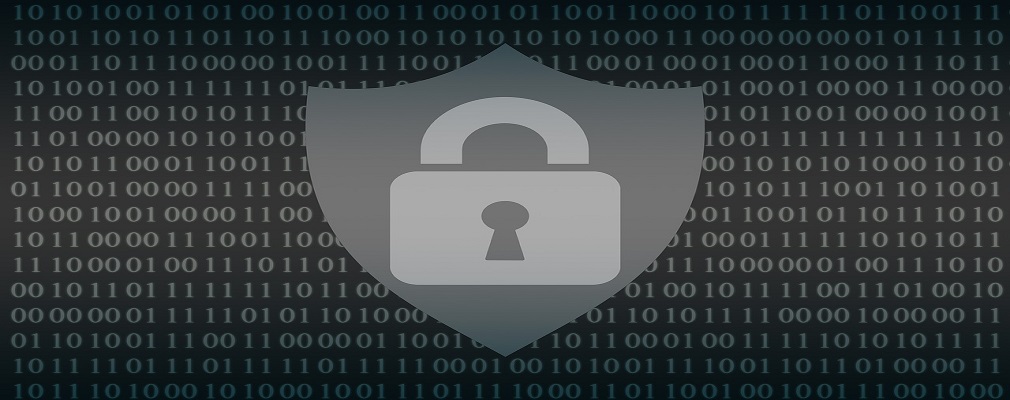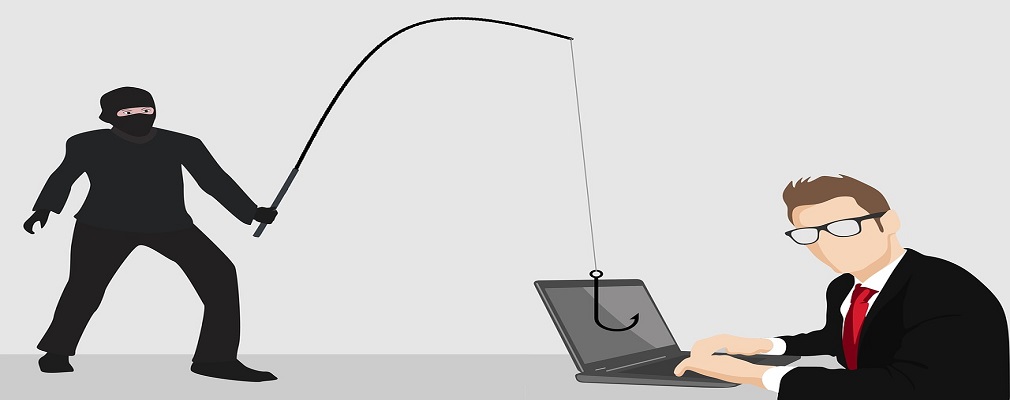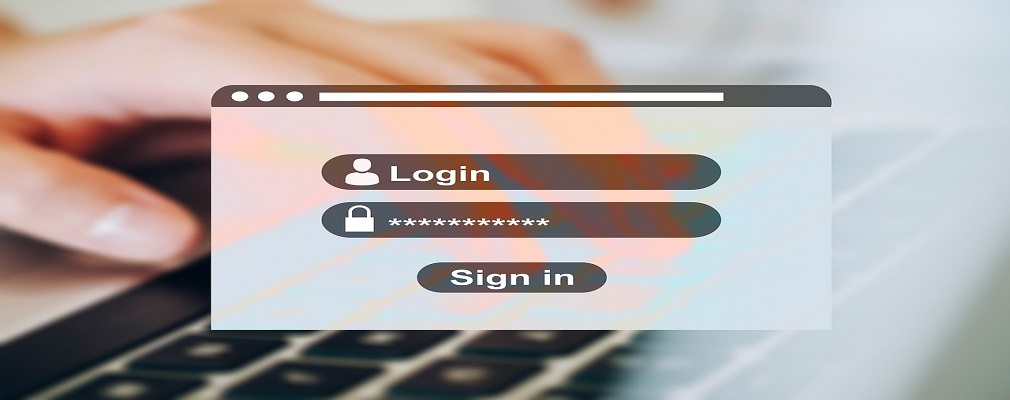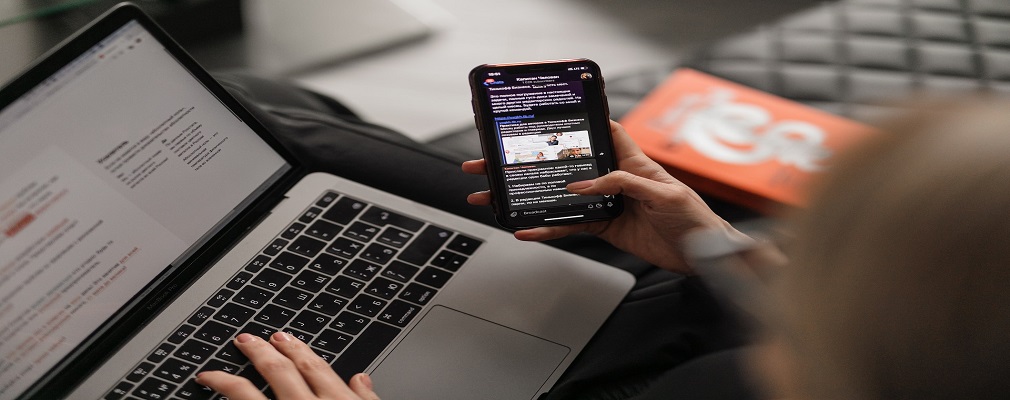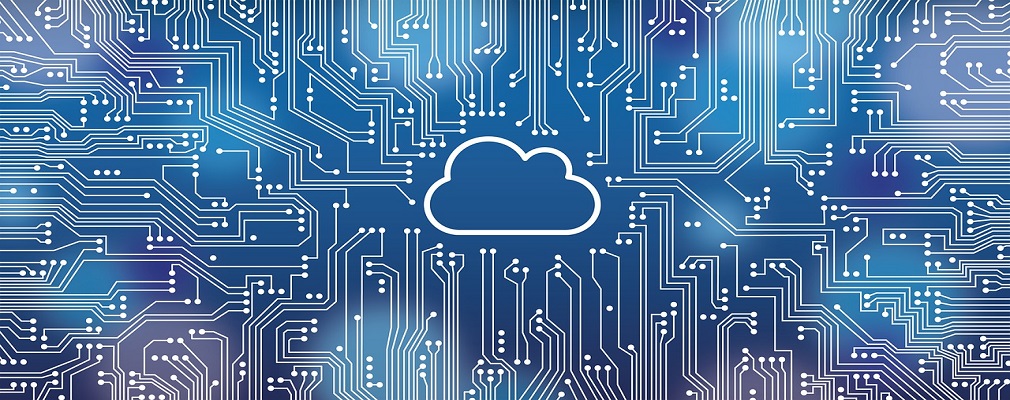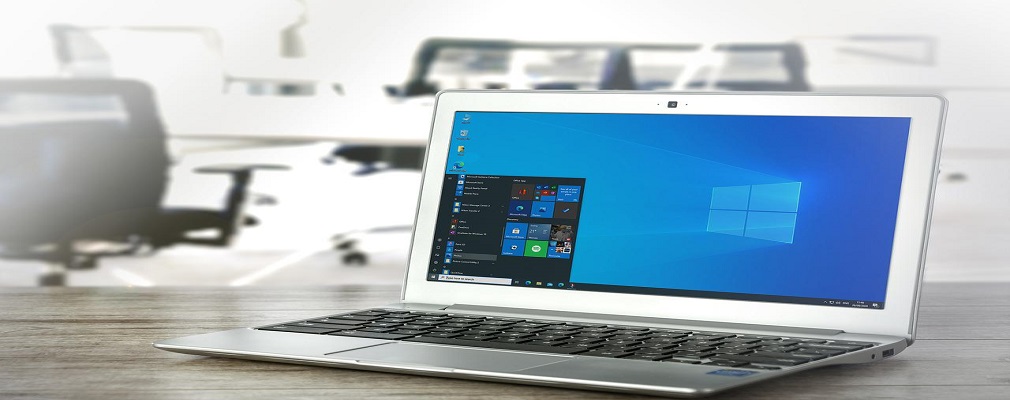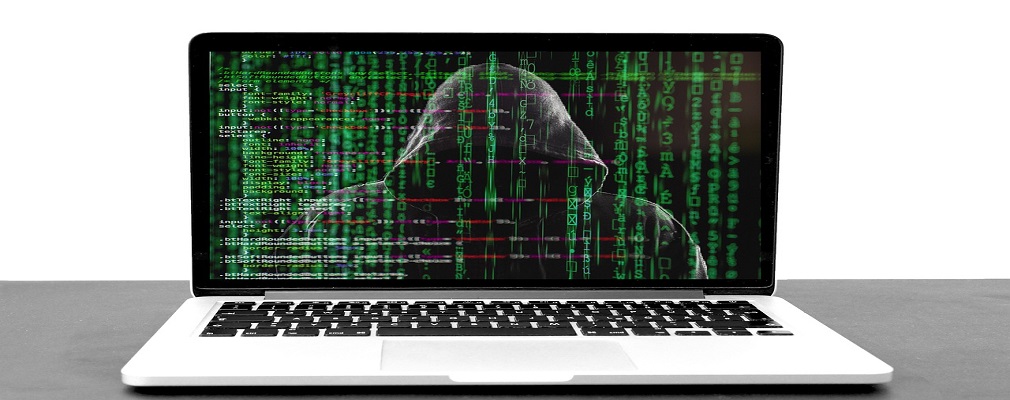Microsoft released the Windows 11 operating system (OS) over a year ago. It was largely well-received as stable and user-friendly. The OS is not a large departure from the Windows 10 experience. But it does offer a lot of enhancements over the older environment. Yet with several improvements and a free upgrade for Windows 10 users, it still lags in adoption. As of November 2022, Windows 10 still owns the lion’s share of Windows PCs. It has a 69.75 percent usage share as compared to 16.13 percent for Windows 11. |
Imagine you’re going about your day when suddenly you receive a text from the CEO. The head of the company is asking for your help. They’re out doing customer visits and someone else dropped the ball in providing gift cards. The CEO needs you to buy six $200 gift cards and text the information right away. The message sender promises to reimburse you before the end of the day. Oh, and by the way, you won’t be able to reach them by phone for the next two hours because they’ll be in meetings. One last thing, this is a high priority. They need those gift cards urgently. |
There are a lot of things that have changed since the invention of the internet. One of these is how we bank and access our accounts. You used to have to go into a local bank branch to make deposits and withdrawals. Now, you can take a picture of a check and deposit it from your phone. Approximately 73% of people around the world use some form of online banking at least once a month. People have never had such convenient account access. But that convenience can come at a cost. |
Since the pandemic, employers around the world have needed to change. They've had to shift how their employees operate. Remote work is very much here to stay. Organizations and employees can both benefit from the work-from-home and hybrid work revolution. Cost savings is a driver for supporting remote work. Employee morale and productivity also can be higher when employers grant this flexibility. |
The global pandemic put a big emphasis on the need to run a business from anywhere. Enabling employees to work remotely requires cloud solutions. This includes collaborative platforms like Google Workspace and Microsoft 365. VoIP (Voice over Internet Protocol) phone systems have also become critical. VoIP allows companies to stay in contact with customers and potential customers. Employees can work from anywhere and still answer the business phone line. Callers get a similar experience no matter where employees may be working, office or home. |
Cybersecurity insurance is still a pretty new concept for many SMBs. It was initially introduced in the 1990s to provide coverage for large enterprises. It covered things like data processing errors and online media. Since that time, the policies for this type of liability coverage have changed. Today’s cyber insurance policies cover the typical costs of a data breach. Including remediating a malware infection or compromised account. |
The new year has just begun and it’s a time of renewal as we plan for the possibilities to come in 2023. It’s also a time when you need to plan for resiliency in the face of ever-present cyberattacks. Sixty-eight percent of surveyed business leaders feel that cybersecurity risks are getting worse. They have a good reason. Attacks continue to get more sophisticated. They are also often perpetrated by large criminal organizations. These criminal groups treat these attacks like a business. |
One constant struggle in offices is the balance between productivity and security. If you give users too much freedom in your network, risk increases. But add too many security gates, and productivity can dwindle. It’s a fine balance between the two, but one you can achieve. Organizations need to recognize the importance of both. And not sacrifice one for another. |
One constant about technology is that it changes rapidly. Tools that were once staples, like Internet Explorer and Adobe Flash, age out. New tools replace those that are obsolete. Discontinued technology can leave computers and networks vulnerable to attacks. While older technology may still run fine on your systems that doesn’t mean that it’s okay to use. One of the biggest dangers of using outdated technology is that it can lead to a data breach. |
Many small businesses make the mistake of skipping policies. They feel that things don’t need to be so formal. They’ll just tell staff what’s expected when it comes up and think that’s good enough. But this way of thinking can cause issues for small and mid-sized business owners. Employees aren’t mind readers. Things that you think are obvious, might not be to them. |
Cloud file storage revolutionized the way we handle documents. No more having to email files back and forth. No more wondering which person in the office has the most recent copy of a document. Between 2015 and 2022, the percentage of worldwide corporate data stored in the cloud doubled. It went from 30% to 60%. A majority of organizations use cloud storage of some type. Typical services include OneDrive, Google Drive, Dropbox, and others. |
Productivity can be challenging to track, no matter where employees are working. How do you know they’re using their tools as effectively as possible? How can you enable them to adopt best practices? These are questions that managers often ask themselves. If they’re looking at the wrong things, it can get in the way of empowering their team. For example, you can’t grade productivity simply by “clock in/clock out” times. |
Few things invoke instant panic like a missing smartphone or laptop. These devices hold a good part of our lives. This includes files, personal financials, apps, passwords, pictures, videos, and so much more. The information they hold is more personal than even that which is in your wallet. It's because of all your digital footprints. This makes a lost or stolen device a cause for alarm. |
Phishing. It seems you can’t read an article on cybersecurity without it coming up. That’s because phishing is still the number one delivery vehicle for cyberattacks. A cybercriminal may want to steal employee login credentials. Or wish to launch a ransomware attack for a payout. Or possibly plant spyware to steal sensitive info. Sending a phishing email can do them all |
Credential theft is now at an all-time high and is responsible for more data breaches than any other type of attack. With data and business processes now largely cloud-based, a user’s password is the quickest and easiest way to conduct many different types of dangerous activities. |
Smartphones and tablets are often the preferred device for communications, web searching, and accessing many types of apps. They’re more portable and can be used from anywhere. We’re seeing the takeover of many activities that used to be performed on traditional computers. Now, people are using mobile devices instead. |
While many companies have moved most of their workflows to the cloud, there is still a key component of office operations that is location-based. This would be employee computers. Most companies still rely on desktops and laptops to allow employees to access critical software and as their main workstation. |
One of the most important applications we choose is our internet browser. When on a computer or a mobile device, we work in that most of the time because many applications are now cloud-based, so accessing them means going through your browser. Over the years browsers have come and gone. A little over a decade ago, Internet Explorer was the head of the pack, and now that browser is retired, Google’s Chrome has been in the top spot for several years. |
Approximately 34% of businesses take a week or longer to regain access to their data and systems once hit with a malware attack. Malware is an umbrella term that encompasses many different types of malicious code. It can include: |
When you see those people with two monitors, you may assume they do some specialized work that requires all that screen space, or they just really like technology. But having the additional display real estate that a second screen provides can benefit anyone, even if you’re doing accounting or document work all day. |
